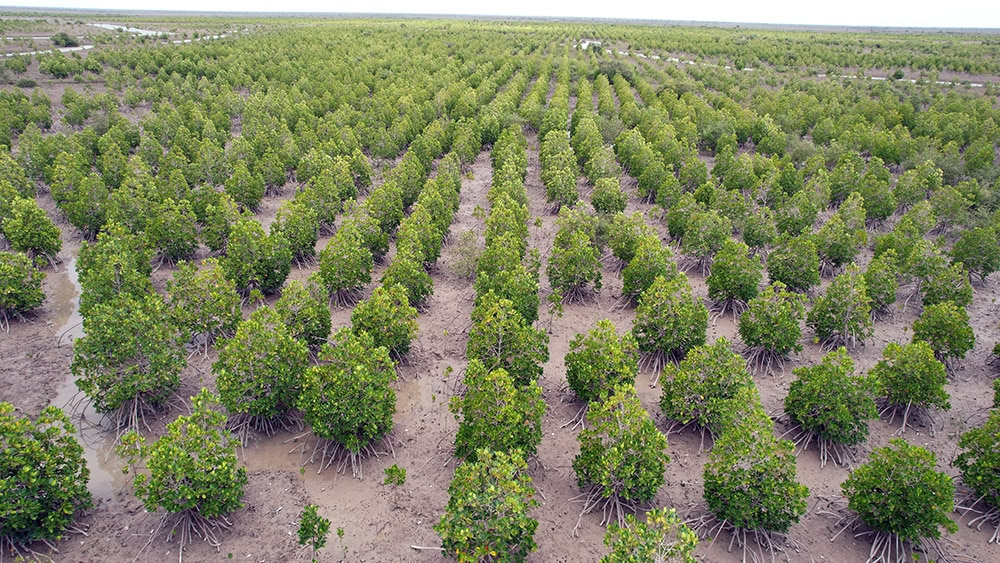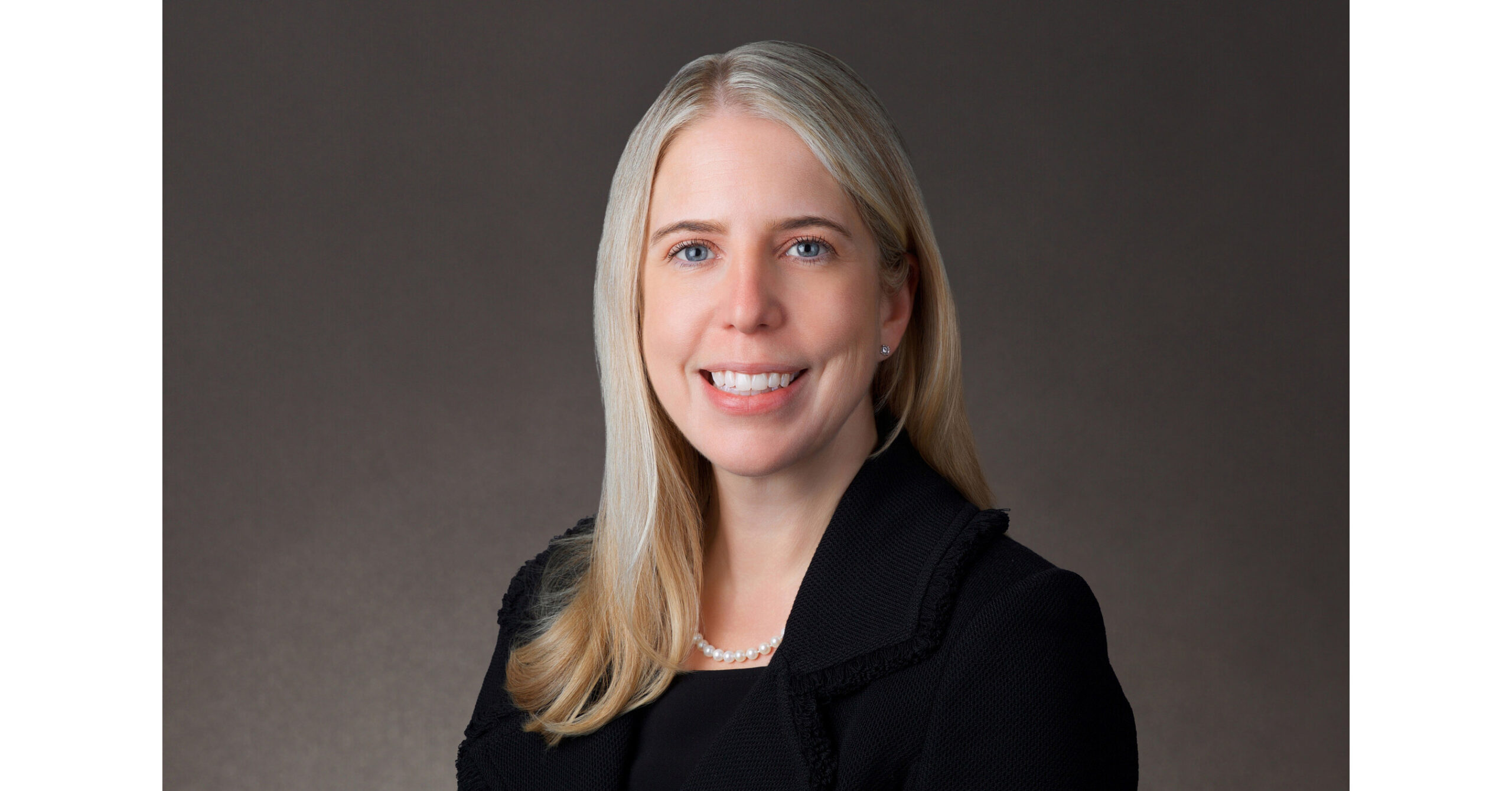WASHINGTON, Jan. 12, 2026 /PRNewswire/ — Danaher Corporation (NYSE: DHR) (the “Company”) announced that its President and Chief Executive Officer, Rainer M. Blair, will comment tomorrow on the Company’s fourth quarter 2025 performance in a presentation at the J.P. Morgan Healthcare Conference at 11:15 a.m. PT.
- For the fourth quarter 2025, estimated revenues are anticipated to increase in the mid-single digit percent range year-over-year.
- Estimated non-GAAP core revenue growth for the fourth quarter of 2025 is expected to be toward the high-end of our previously announced low-single digit percentage guidance.
- For the full year 2025, anticipated non-GAAP adjusted diluted net earnings per common share is expected to be toward the high-end of our previously announced guidance range of $7.70 to $7.80.
Rainer M. Blair, President and Chief Executive Officer, stated, “Our team executed well to deliver a solid finish to 2025. We were especially pleased with continued strength in Bioprocessing and better-than-expected Life Sciences and Diagnostics revenue in the fourth quarter.”
Mr. Blair continued, “We believe the combination of our differentiated portfolio, the power of the Danaher Business System and the strength of our balance sheet position Danaher for long-term value creation as we move into 2026 and beyond.”
The event will be simultaneously webcast and can be accessed on the “Investors” section of Danaher’s website, www.danaher.com, under the subheading “Events & Presentations.”
As previously announced, Danaher will hold its quarterly earnings conference call for the fourth quarter and full year 2025 on Wednesday, January 28, 2026 at 8:00 a.m. ET.
ABOUT DANAHER
Danaher is a leading global life sciences and diagnostics innovator, committed to accelerating the power of science and technology to improve human health. Our businesses partner closely with customers to solve many of the most important health challenges impacting patients around the world. Danaher’s advanced science and technology – and proven ability to innovate – help enable faster, more accurate diagnoses and help reduce the time and cost needed to sustainably discover, develop and deliver life-changing therapies. Focused on scientific excellence, innovation and continuous improvement, our approximately 63,000 associates worldwide help ensure that Danaher is improving quality of life for billions of people today, while setting the foundation for a healthier, more sustainable tomorrow. Explore more at www.danaher.com.
SUPPLEMENTAL MATERIAL
A calculation of core revenue growth, an explanation of what the measure represents and the reasons why we believe this measure provides useful information to investors, a reconciliation of the measure to the most directly comparable GAAP measure and other information relating to the non-GAAP measure are included in the supplemental reconciliation schedule attached.
In addition, this earnings release (including the supplemental reconciliation schedule) and a note containing details of Danaher’s estimated 2025 financial performance have been posted to the “Investors” section of Danaher’s website (www.danaher.com).
FORWARD-LOOKING STATEMENTS
Statements in this release that are not strictly historical, including the statements regarding the Company’s estimated financial results for the fourth quarter and full year 2025, Danaher’s competitive positioning for long-term value creation, and any other statements regarding events or developments that we believe or anticipate will or may occur in the future are “forward-looking” statements within the meaning of the federal securities laws. There are a number of important factors that could cause actual results, developments and business decisions to differ materially from those suggested or indicated by such forward-looking statements and you should not place undue reliance on any such forward-looking statements. These factors include, among other things: the impact of tariffs and related actions implemented by the U.S. and other countries, the impact of our debt obligations on our operations and liquidity, deterioration of or instability in the global economy, the markets we serve and the financial markets, uncertainties with respect to the development, deployment, and use of artificial intelligence in our business and products, the impact of global health crises, uncertainties relating to national laws or policies, including laws or policies to protect or promote domestic interests and/or address foreign competition, contractions or growth rates and cyclicality of markets we serve, competition, our ability to develop and successfully market new products and technologies and expand into new markets, the potential for improper conduct by our employees, agents or business partners, our compliance with applicable laws and regulations (including rules relating to off-label marketing and other regulations relating to medical devices and the healthcare industry), the results of our clinical trials and perceptions thereof, our ability to effectively address cost reductions and other changes in the healthcare industry, our ability to successfully identify and consummate appropriate acquisitions and strategic investments, our ability to integrate the businesses we acquire and achieve the anticipated growth, synergies and other benefits of such acquisitions, contingent liabilities and other risks relating to acquisitions, investments, strategic relationships and divestitures (including tax-related and other contingent liabilities relating to past and future IPOs, split-offs or spin-offs), security breaches or other disruptions of our information technology systems or violations of data privacy laws, the impact of our restructuring activities on our ability to grow, risks relating to potential impairment of goodwill and other intangible assets, currency exchange rates, tax audits and changes in our tax rate and income tax liabilities, changes in tax laws applicable to multinational companies, litigation, regulatory proceedings and other contingent liabilities including intellectual property and environmental, health and safety matters, the rights of the United States government with respect to our production capacity in times of national emergency or with respect to intellectual property/production capacity developed using government funding, risks relating to product, service or software defects, product liability and recalls, risks relating to our manufacturing operations, the impact of climate change, legal or regulatory measures to address climate change and other sustainability topics and our ability to address regulatory requirements or stakeholder expectations relating to climate change and other sustainability topics, risks relating to fluctuations in the cost and availability of the supplies we use (including commodities) and labor we need for our operations, our relationships with and the performance of our channel partners, uncertainties relating to collaboration arrangements with third-parties, the impact of deregulation on demand for our products and services, labor matters and our ability to recruit, retain and motivate talented employees, U.S. and non-U.S. economic, political, geopolitical, legal, compliance, social and business factors (including the impact of elections, regulatory changes or uncertainty, government shutdowns and military conflicts), disruptions and other impacts relating to man-made and natural disasters, inflation and the impact of our By-law exclusive forum provisions. Additional information regarding the factors that may cause actual results to differ materially from these forward-looking statements is available in our SEC filings, including our 2024 Annual Report on Form 10-K and Quarterly Report on Form 10-Q for the third quarter of 2025. These forward-looking statements speak only as of the date of this release and except to the extent required by applicable law, the Company does not assume any obligation to update or revise any forward-looking statement, whether as a result of new information, future events and developments or otherwise.
Estimated Sales Growth and Core Sales Growth
|
% Estimated Change Three-Month
Period Ended December 31, 2025
vs. Comparable 2024 Period
|
|
Total sales growth (GAAP)
|
+Mid-single digit
|
|
Impact of:
|
|
|
Acquisitions/divestitures
|
+Up slightly
|
|
Currency exchange rates
|
-Low-single digit
|
|
Core sales growth (non-GAAP)
|
+Low-single digit
|
Statement Regarding Non-GAAP Measures
Core sales growth should be considered in addition to, and not as a replacement for or superior to, sales growth, and may not be comparable to similarly titled measures reported by other companies. Management believes that this measure provides useful information to investors by offering additional ways of viewing Danaher Corporation’s (“Danaher” or the “Company”) results that, when reconciled to sales growth, help our investors identify underlying growth trends in our business and compare our sales performance with prior and future periods and to our peers.
Management uses core sales growth to measure the Company’s operating and financial performance, and uses core sales growth as one of the performance measures in the Company’s executive compensation program.
With respect to this non-GAAP measure, we exclude (1) the impact of currency translation because it is not under management’s control, is subject to volatility and can obscure underlying business trends, and (2) the effect of acquisitions and divested product lines because the timing, size, number and nature of such transactions can vary dramatically from period-to-period and between us and our peers, which we believe may obscure underlying business trends and make comparisons of long-term performance difficult.
SOURCE Danaher Corporation
For further information: John T. Bedford, Vice President, Investor Relations, investor.relations@danaher.com, Danaher Corporation, 2200 Pennsylvania Avenue, N.W., Suite 800W, Washington, D.C. 20037, Telephone: (202) 828-0850, Fax: (202) 828-0860







